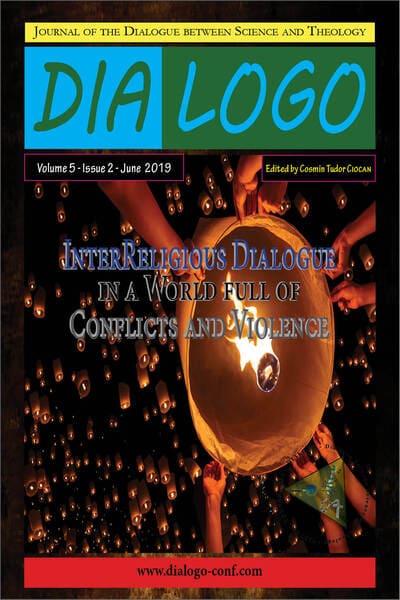The relevance of Acts 2,42 for the religious dialog – an introduction
The relevance of Acts 2,42 for the religious dialog – an introduction
Author(s): Nicolae MoșoiuSubject(s): Christian Theology and Religion, Theology and Religion
Published by: EDIS- Publishing Institution of the University of Zilina
Keywords: ecumenical ethos; ecumenical openness; religious dialog; Crete Holy Synod; koinonia; breaking of the bread – the Mystery of Church unity and of the creation; prayer for others; responsibility;open society;
Summary/Abstract: From Acts 2,42 we learn that the first Christians ”devoted themselves to the apostles` teaching (te didache ton Apostolon, doctrina Apostolorum) and the fellowship (te koinonia, communicatione), to the breaking of bread (te klasei tou artou, fractionis panis), and the prayers (tais proseuchais, orationibus)”.The joint confession of the teaching of the Apostles, the full living of fellowship (koinonia), the communion from the same chalice and prayers for “the union of all” form a unity that expresses the identity and the integrity of the Church, and also underline the responsibility for the other human beings and for all of the creation. In relation with this biblical text, Father Stăniloae[ ] used the concept open sobornicity/conciliarity in a moment when the churches which were involved in the ecumenical movement and especially in the bilateral theological dialogue, were centered on their own models of unity proposed for the defense of their confessional identity. This defensive “contraction” led to confessionalism, proselytism, anti-ecumenism. Father Stăniloae encouraged through all possible means the dialog not only between churches but also between Christians and persons of other faiths and worldviews.From Acts 2,42 we learn that the first Christians „devoted themselves to the apostles` teaching (te didache ton Apostolon, doctrina Apostolorum) and the fellowship (te koinonia, communicatione), to the breaking of bread (te klasei tou artou, fractionis panis), and the prayers (tais proseuchais, orationibus)”.The joint confession of the teaching of the Apostles, the full living of fellowship (koinonia), the communion from the same chalice and prayers for “the union of all” form a unity that expresses the identity and the integrity of the Church, and also underline the responsibility for the other human beings and for all of the creation. In relation with this biblical text, Father Stăniloae[ ] used the concept open sobornicity/conciliarity in a moment when the churches which were involved in the ecumenical movement and especially in the bilateral theological dialogue, were centered on their own models of unity proposed for the defense of their confessional identity. This defensive “contraction” led to confessionalism, proselytism, anti-ecumenism. Father Stăniloae encouraged through all possible means the dialog not only between churches but also between Christians and persons of other faiths and worldviews.
Journal: Dialogo
- Issue Year: 5/2019
- Issue No: 2
- Page Range: 38-55
- Page Count: 17
- Language: English

